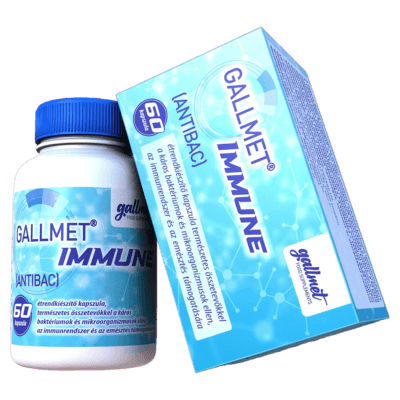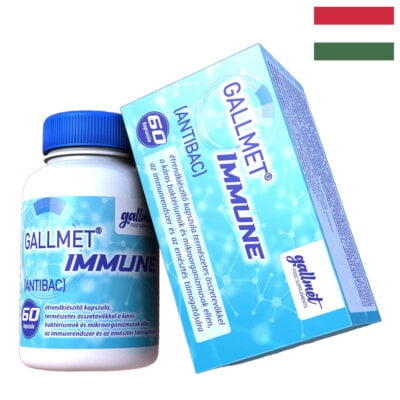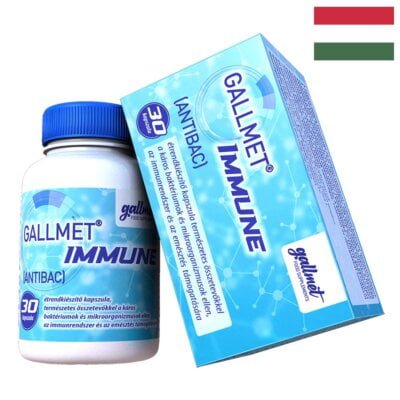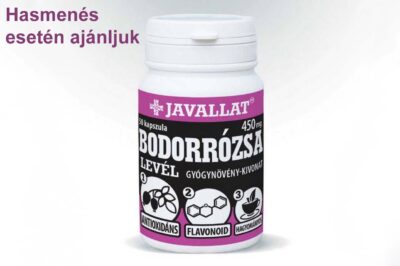COVID-19: Is There Evidence for the Use of Herbal Medicines as Adjuvant Symptomatic Therapy?

Download - PDF
Introduction
The outbreak of Coronavirus SARS-Cov-2 disease (COVID-19) in Wuhan (China) in late 2019 and its Worldwide spread has caused hundreds of thousands of deaths so far. As of July 2020, the disease seems to be mostly affecting Europe and the Americas. Most people infected with the COVID-19 virus will experience mild to moderate respiratory illness and recover without requiring special treatment. Older people and those with underlying medical problems such as cardiovascular disease, diabetes, chronic respiratory disease, and cancer are more likely to develop serious illness (WHO, 2020a). Teens and adults without underlying medical conditions are asked to self-manage their symptoms in isolation with a minimum of drugs (paracetamol, if fever is high) and lifestyle adjustments (increased rest and hydration). However, most of the current guidelines do not specifically advise on how to treat cough, one of the main symptoms, which, apart from being very debilitating, contributes to the spread of the virus. There is not yet any evidence-based specific therapy for COVID-19, and the real efficacy and safety of current therapeutic approaches will need further scrutiny when enough multi-site clinical data become available. The examples of ibuprofen and hydroxychloroquine illustrate how clinical protocols may include and/or exclude drugs in their therapeutic approaches based on limited evidence (Kim et al., 2020; Sodhi and Etminan, 2020; Taccone et al., 2020; Torjesen, 2020). Predictably, patients will largely try to increase their well-being at least by self-administering cough suppressing medication (natural or not) plus natural medication or supplements to combat cold/flu symptoms. These are readily accessible both in retail commerce and community pharmacies. InEurope, there are severalherbalmedicines registered under the European Directive 24/2004 for self-prescription (EU, 2004). Their labeling establishes that these medicines are indicated for the treatment of common cold and flu symptoms based on traditional use only.We agree in thatCOVID-19 isnot the common flu, but theWHO definition is clear in that it is amild, self-limiting condition and, therefore, fitting the boundaries of self-prescription, moreover if the patients have not been tested for the virus (WHO, 2020a). In that sense, there is a need to clarify the real potential and safety profile of herbalmedicines to scientifically substantiate future recommendations on their benefits and risks of use them. Therefore, the impetus of this work is twofold. First, it intends to highlight which species may provide a more rational phytotherapeutic choice to the disease and second to showcase which plants can be a clinically compatible option as adjuvant therapy for the self-management of common cold/flu symptoms by otherwise healthy adults within the context of the COVID- 19 pandemic.
Source:https://www.ncbi.nlm.nih.gov/pmc/articles/PMC7542597/
Faceți clic pe pictograma [print-me] pentru a imprima pagina










